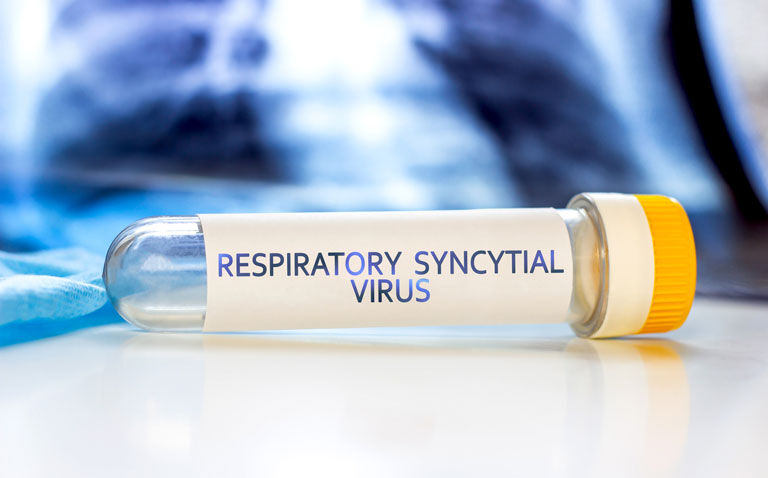RSV infection in healthy children during the first year of life increases the risk of developing asthma at age five.
Respiratory syncytial virus (RSV) is a viral pathogen leading to acute lower respiratory infection in young children. Global estimates suggest that the virus causes 6.6 million infections in those aged 0-6 months and over 45,000 deaths.
Whether RSV infection during this crucial period of lung development could subsequently lead to asthma is uncertain. INSPIRE was a surveillance study including children with or without an RSV infection (RSVI) during infancy. Monitoring of children took place over the next five years.
The main hypothesis was that avoiding an RSVI during infancy reduces the risk of childhood asthma. The primary outcome was five-year current diagnosed asthma and finding from the INSPIRE study have been recently published.
RSV infection and development of asthma
A total of 1,741 children had available data during the first year of life. Among the entire cohort, 54% had an RSVI during that first year.
Over the next five years, not having an RSVI gave rise to a 26% lower risk of developing asthma (relative risk, RR = 0.74, 95% CI 0.58 – 0.94, p = 0.016). The authors estimated that 15% (95% CI 2.2-26.8) of current five-year asthma cases could be prevented by avoiding a RSVI.
The researchers commented that among healthy children, not being infected with RSV in the first year of life was associated with a substantially reduced risk of developing childhood asthma. However, they recognise that their study was unable to establish a causal relationship.










